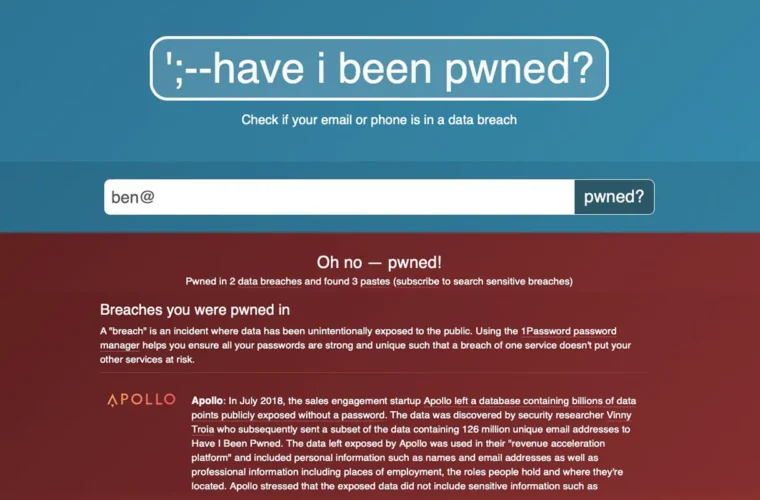As the Android market continues to expand rapidly, with over 2.9 million apps in the Google Play Store, robust mobile app security has become crucial. While the convenience and functionality of Android apps have revolutionised our lives, they have also raised concerns about data security. The open nature of the Google Play Store, in contrast to the more strict review process of the iOS App Store, has led to a higher risk of malicious Android apps being approved and distributed.
According to recent studies, a significant number of popular free Android apps have been found to secretly transmit sensitive user information, such as contact details, voicemails, and photographs, to remote servers without the user’s knowledge or consent. This alarming trend, known as “low and slow data theft,” has become a major issue for Android data security, posing severe risks to both individuals and organisations. The consequences of data leakage can be severe, ranging from financial losses and reputational damage to devastating lawsuits and regulatory fines. Therefore, Android app developers are responsible for prioritising data security and providing a secure, user-friendly experience.
Encryption: the foundation of secure data processing
One of the most critical aspects of Android app security is handling encryption keys. Data processing, while essential for data availability and speed, often involves sensitive information that requires robust protection. However, a common mistake developers make is storing encryption keys on the device in plain text form.
This practice renders the entire encryption effort meaningless, as a malicious actor who gains access to the encrypted database can easily decrypt it using the publicly available encryption keys. Android app developers should leverage the Android KeyStore, a class designed for securely storing and managing encryption keys using the most advanced algorithms to address this vulnerability. By implementing the KeyStore, developers can ensure that encryption keys are handled in a way that makes it extremely difficult for unauthorised individuals or malware to access sensitive data.
Secure communication with HTTPS
Another concern in Android app security is data transmission between the mobile app and the server. The default HTTP protocol is not encrypted, leaving the data vulnerable to interception. Android app developers should implement the encrypted HTTPS protocol for all communication to mitigate this risk.
However, to ensure its effectiveness, HTTPS must be implemented with utmost care. Developers must ensure that the server can handle HTTPS connections and that the client (the Android app) is configured to verify the server’s certificate. Failure to do so can leave the app susceptible to man-in-the-middle attacks, where a malicious actor can intercept and decrypt the communication.
To prevent such attacks, Android app developers should employ the technique of certificate pinning, where the app is programmed to recognise and accept only a specific server certificate. This ensures the app will only communicate with the intended server, effectively blocking unauthorised access.

Safeguarding against data caching and logging
Data caching mechanisms, such as user dictionaries and the clipboard, can store sensitive information like passwords and access tokens, exposing them to potential misuse. Android app developers must be mindful of these features and ensure appropriate input types are used to prevent auto-caching and clipboard copying of sensitive data.
Similarly, application logs, which developers often use to debug and analyse app performance, can pose a security risk if they contain sensitive information. These logs are publicly readable on Android devices with OS versions prior to 4.2, making them accessible to other installed apps. To address this issue, Android app developers should refrain from including sensitive data in the logs and, if possible, disable logging altogether in the production version of the app.
Data leakage prevention: insights from Black Hat Asia 2024
At the forefront of combating data leaks in Android applications, the “Privacy Detective” tool, unveiled at Black Hat Asia 2024, marks a significant advancement in mobile security technology. Developed by renowned security experts Meggie He and Abbie Zhou, this tool explicitly targets the vulnerabilities inherent in Android systems that could expose user data to unauthorized access. During their presentation, which 4imag participated in, they demonstrated the tool’s capability to seamlessly detect and alert developers and users to such vulnerabilities.
The effectiveness of “Privacy Detective” lies in its comprehensive approach to monitoring network transactions. By employing advanced algorithms, the tool scrutinizes outgoing data packets from applications, identifying patterns that suggest data mishandling or leakage. This proactive detection mechanism is crucial in an era where data privacy concerns are at an all-time high, ensuring developers and users can trust the applications they use or create.
As Android continues to dominate the mobile operating system market, tools like “Privacy Detective” are indispensable in fostering a secure digital environment. Their contribution not only enhances individual app security but also elevates the overall integrity of the app marketplace. Through continued innovation and collaboration within the cybersecurity community, initiatives like those showcased at Black Hat Asia 2024 play a crucial role in shaping the future of mobile application security.

